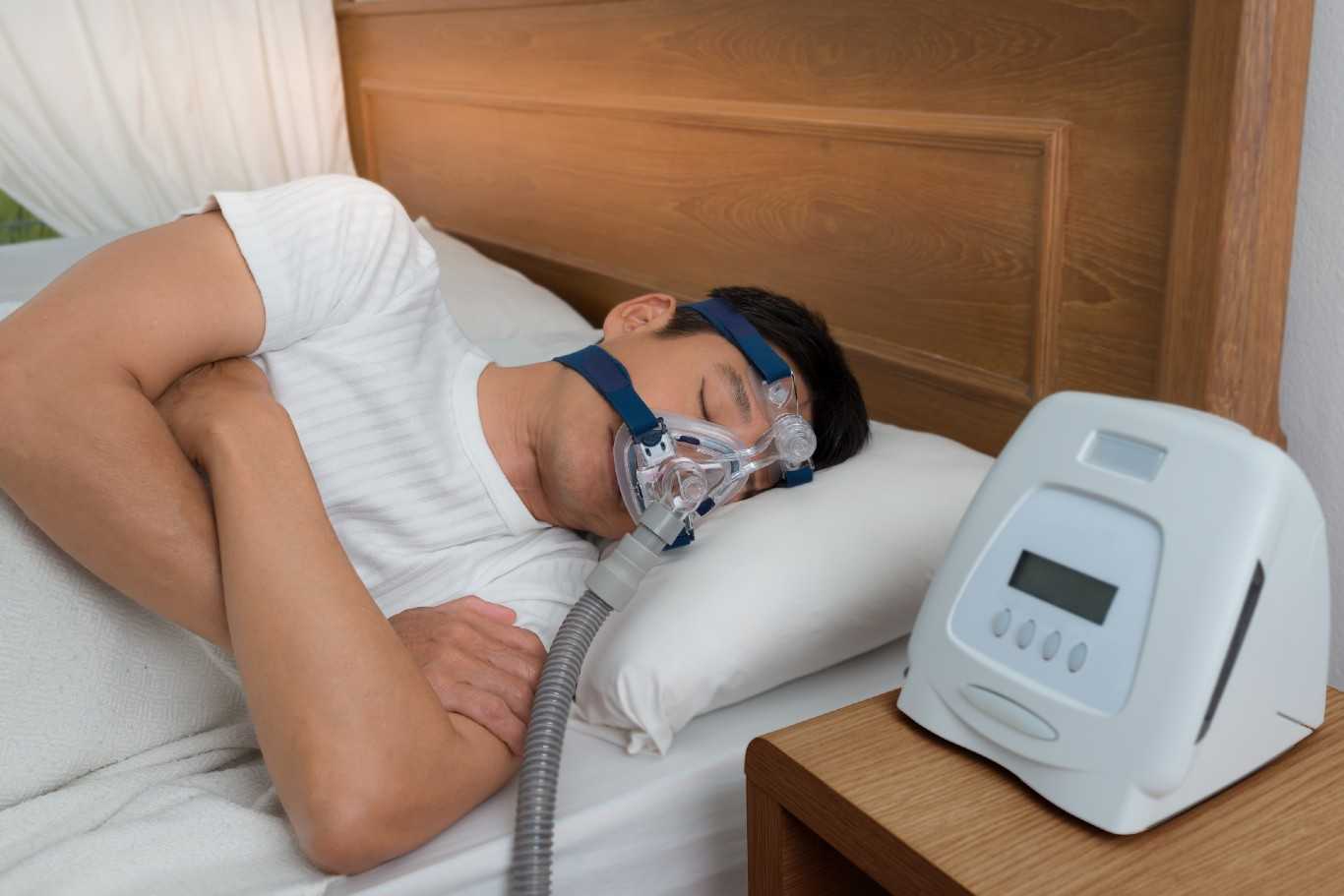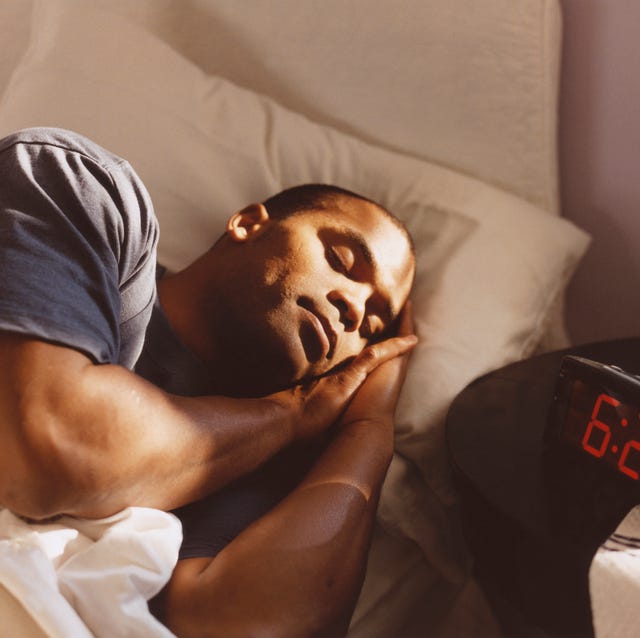Professional Insomnia Counseling - Get Professional Guidance
Professional Insomnia Counseling - Get Professional Guidance
Blog Article
Efficient Treatment Solutions for Taking Care Of Rest Disorders and Enhancing Relaxed Sleep
In the realm of healthcare, the monitoring of rest conditions and the mission for restful sleep are essential elements of general health. As we browse the intricate landscape of rest conditions and seek to enhance our rest experience, a deeper understanding of these treatment services might hold the key to opening an extra refreshing and meeting restorative journey.
Cognitive Behavior Modification for Sleep Problems (CBT-I)
Cognitive Behavior Modification for Insomnia (CBT-I) is an organized, evidence-based therapy approach that concentrates on attending to the hidden elements adding to rest disruptions. This type of therapy intends to modify habits and thoughts that worsen sleep problems, inevitably promoting healthy rest patterns. CBT-I usually entails several vital elements, including cognitive treatment, rest restriction, stimulation control, and sleep health education and learning.
Cognitive therapy aids people recognize and alter negative idea patterns and ideas regarding rest that may be impeding their ability to drop or remain asleep. Rest constraint includes limiting the quantity of time spent in bed to match the individual's real rest period, therefore raising sleep effectiveness (sleep deprivation help). Stimulus control techniques assist develop a solid organization between the bed and rest by urging individuals to visit bed only when drowsy and to prevent participating in boosting tasks in bed
In addition, rest health education concentrates on establishing healthy sleep habits, such as maintaining a consistent rest schedule, creating a relaxing going to bed regimen, and maximizing the sleep setting. By addressing these variables thoroughly, CBT-I supplies an effective non-pharmacological treatment for handling sleeplessness and boosting general rest quality.
Sleep Hygiene Practices
Having actually developed the structure of cognitive restructuring and behavioral alterations in addressing sleeplessness via Cognitive Behavioral Therapy for Insomnia (CBT-I), the emphasis now moves in the direction of checking out vital Sleep Health Practices for preserving optimum rest quality and general health.
Rest health practices incorporate a variety of habits and environmental factors that can substantially affect one's ability to sleep and remain asleep throughout the night. Consistent sleep and wake times, producing a relaxing bedtime routine, and enhancing the rest setting by keeping it dark, silent, and cool are vital parts of excellent rest health. Restricting exposure to screens prior to going to bed, preventing energizers like high levels of caffeine close to going to bed, and taking part in routine exercise throughout the day can likewise advertise far better rest top quality.
In addition, practicing relaxation techniques such as deep breathing exercises or meditation prior to bed can aid relax the mind and prepare the body for rest. By integrating these sleep hygiene practices into one's daily routine, individuals can establish a healthy rest pattern that sustains peaceful rest and general health.
Leisure Strategies and Mindfulness
Executing leisure techniques and mindfulness techniques can play a critical duty in fostering a feeling of tranquility and advertising top quality sleep. Furthermore, led images can assist transfer individuals to a relaxed location in their minds, assisting in anxiety decrease and boosting sleep quality.
By including these techniques into a bedtime regimen, individuals can signal to their bodies that it is time to prepare and take a break for rest. On the whole, incorporating relaxation techniques and mindfulness methods can substantially contribute to Get the facts taking care of sleep problems and improving overall sleep high quality.

Medicine Options for Rest Disorders
After checking out leisure techniques and mindfulness techniques as non-pharmacological treatments for enhancing rest quality, it is vital to take into consideration medicine options for individuals with rest conditions. In situations where lifestyle modifications and treatment do not provide enough relief, medication can be a useful tool in handling sleep disruptions.
Commonly recommended medications for sleep disorders consist of benzodiazepines, non-benzodiazepine hypnotics, antidepressants, and melatonin receptor agonists. Benzodiazepines, such as diazepam, are sedatives that can aid generate rest, however they are generally suggested for temporary usage due to the danger of reliance. Non-benzodiazepine hypnotics like zolpidem are additionally utilized to deal with sleep problems and have a lower risk of reliance compared to benzodiazepines. Antidepressants, such as trazodone, can be helpful for people with co-occurring depression and sleep disturbances. Melatonin receptor agonists, like ramelteon, target the body's natural sleep-wake cycle and can be handy for controling rest patterns.
It is vital for individuals to speak with a doctor to identify the most ideal medicine option based on their details rest problem and medical background.
Light Treatment for Body Clock Law
Light treatment, also known as phototherapy, is a non-invasive therapy method utilized to control body clocks and improve sleep-wake cycles. This therapy entails direct exposure to bright light that mimics all-natural sunshine, which aids to reset the body's biological rhythm. By revealing individuals to specific wavelengths of light, generally in the morning or evening depending on the preferred effect, light treatment can effectively change the circadian rhythm to advertise wakefulness during the day and enhance relaxed rest in the evening.
Research study has revealed that light treatment can be particularly valuable for people with body clock conditions, such as description postponed sleep stage syndrome or jet lag. It can additionally be helpful for those experiencing seasonal affective condition (SAD), a sort of anxiety that generally takes place during the wintertime months when all-natural light exposure is lowered. Light therapy is typically well-tolerated and can be utilized in conjunction with other therapy methods for rest conditions to enhance end results and enhance overall sleep high quality.
Verdict
Finally, reliable therapy remedies for taking care of rest disorders and improving peaceful rest consist of Cognitive Behavioral Therapy for Sleeplessness (CBT-I), rest health methods, leisure strategies and mindfulness, drug options, and light therapy for circadian rhythm guideline. These strategies check my site can assist individuals improve their sleep quality and general wellness. It is essential to seek advice from a doctor to figure out one of the most appropriate technique for dealing with rest problems.
As we navigate the elaborate landscape of rest disorders and seek to boost our rest experience, a much deeper understanding of these treatment remedies may hold the trick to unlocking a much more rejuvenating and satisfying restorative trip.
Sleep constraint involves restricting the amount of time invested in bed to match the individual's real rest period, consequently boosting rest performance. Regular rest and wake times, producing a relaxing going to bed regimen, and optimizing the sleep atmosphere by maintaining it dark, quiet, and cool are vital elements of good sleep hygiene. Light treatment is usually well-tolerated and can be utilized in conjunction with various other treatment approaches for sleep disorders to maximize outcomes and boost general sleep quality.

Report this page